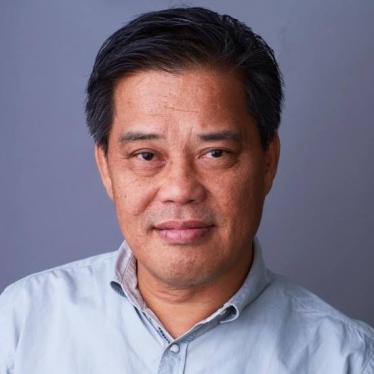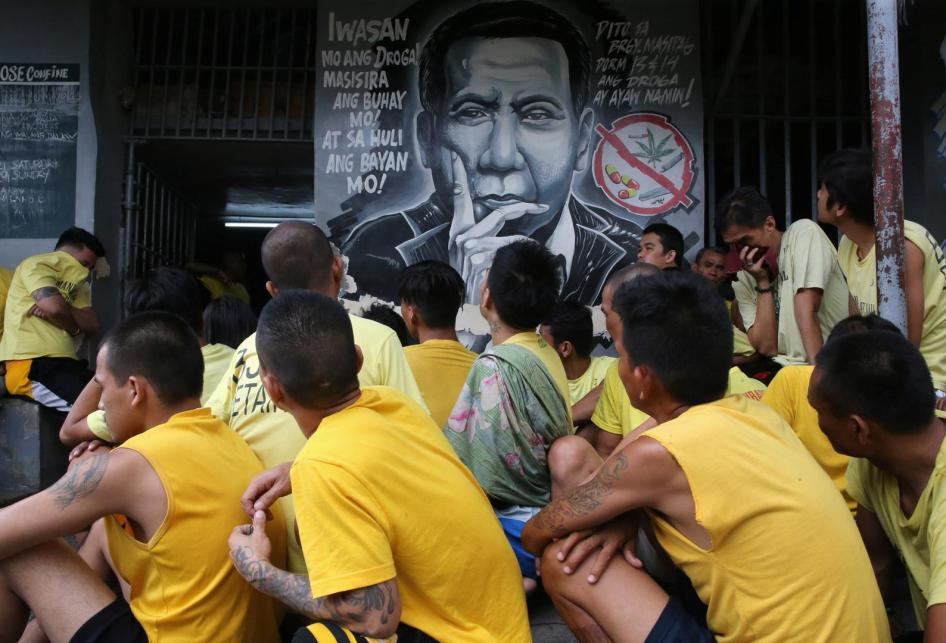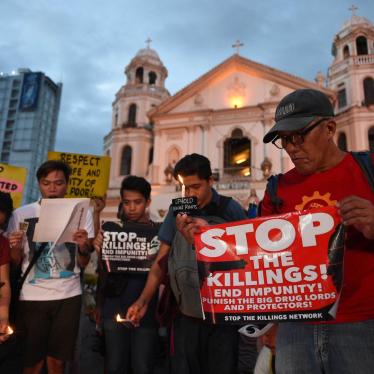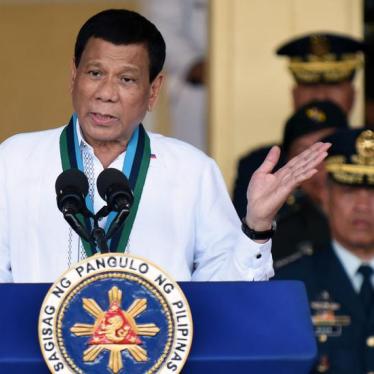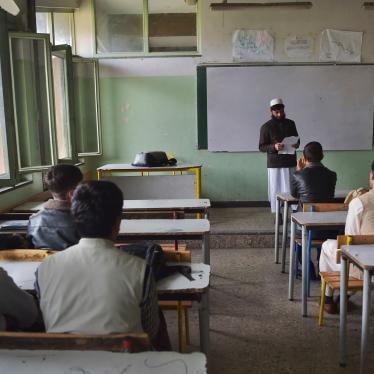The Philippine government is one step closer to prosecuting young children as adults, a key plank in President Rodrigo Duterte’s abuse-ridden anti-crime campaign.
On Monday, a congressional committee approved a bill that would lower the age of criminal responsibility from 15 to 9. If the Senate makes good on its promise to pass this version, and it’s signed into law by the president, this would no doubt worsen the plight of Filipino children caught up in the justice system.
Proponents of the bill argue that children would be better protected from criminals who are trying to exploit them. But the law’s impact would be punitive: children from 14 to 9 who commit serious crimes such as murder, illegal detention, or “carnapping,” or violate the country’s draconian drug laws can be sentenced to “mandatory confinement” of up to 12 years.
The national Commission on Human Rights denounced the bill, saying that “punishing children for the crime and abuse of syndicates and other people is against the state’s responsibility to look after the interests and welfare of children.” The Philippines representative of the United Nations children’s organization, Unicef, cited neuroscientific research that shows that the brain is still developing into the mid-20s, including the ability to inhibit impulses, weigh consequences of decisions, prioritize, and strategize.
Under the Convention on the Rights of the Child, which the Philippines has ratified, the arrest, detention, or imprisonment of children should only be used as a last resort, and rehabilitation is a priority. The UN Committee on the Rights of the Child, which monitors government compliance with the convention, states in its draft general comment on juvenile justice that the age of criminal responsibility should be at least 14 years, and should under no circumstances be reduced below that.
Children in the Philippines have already been subjected to the extreme violence of Duterte’s “drug war,” with the police and government agents killing dozens during anti-drug operations as suspected drug users or for being pawns of drug dealers. The proposed law will not only stigmatize children even more – it turns them into scapegoats in the government’s abusive anti-crime campaign.
